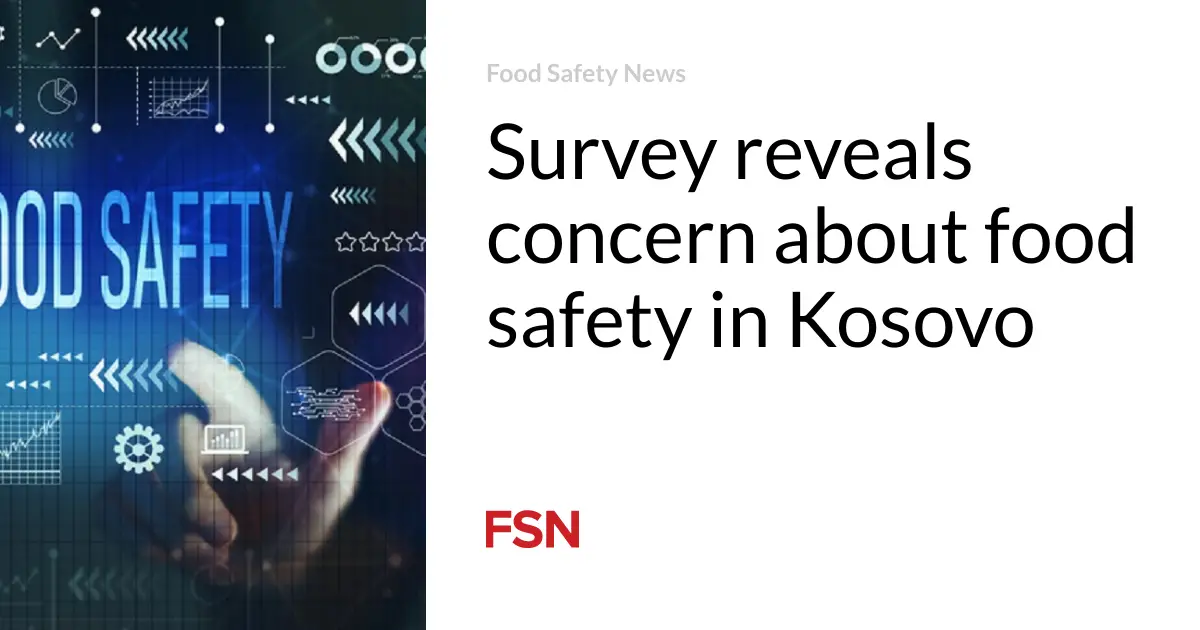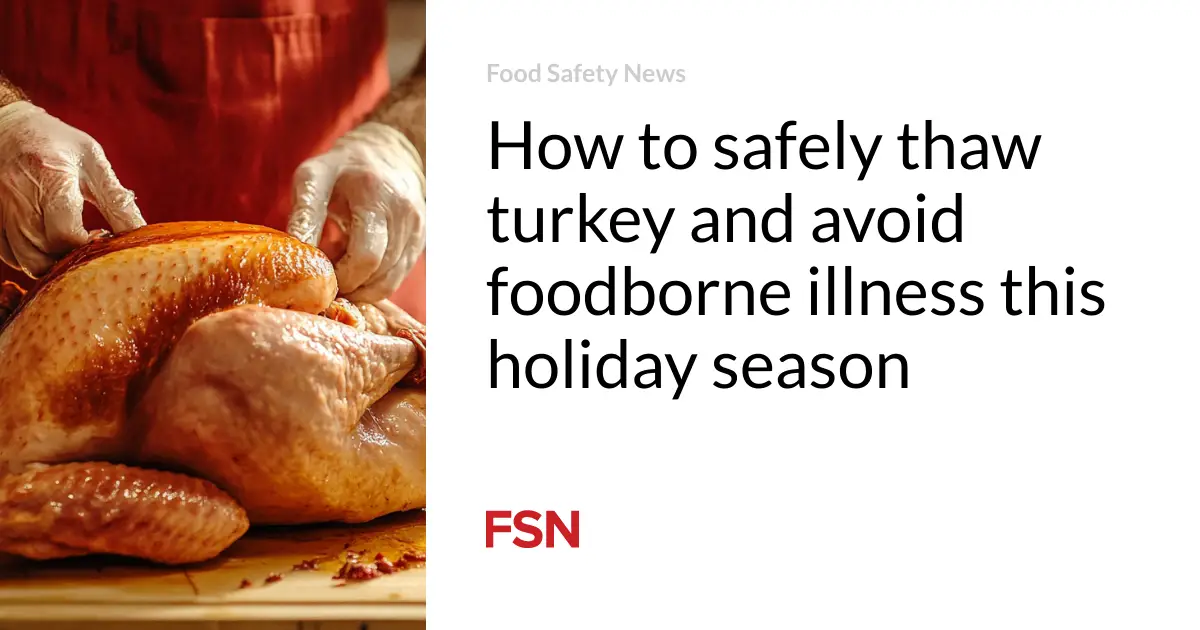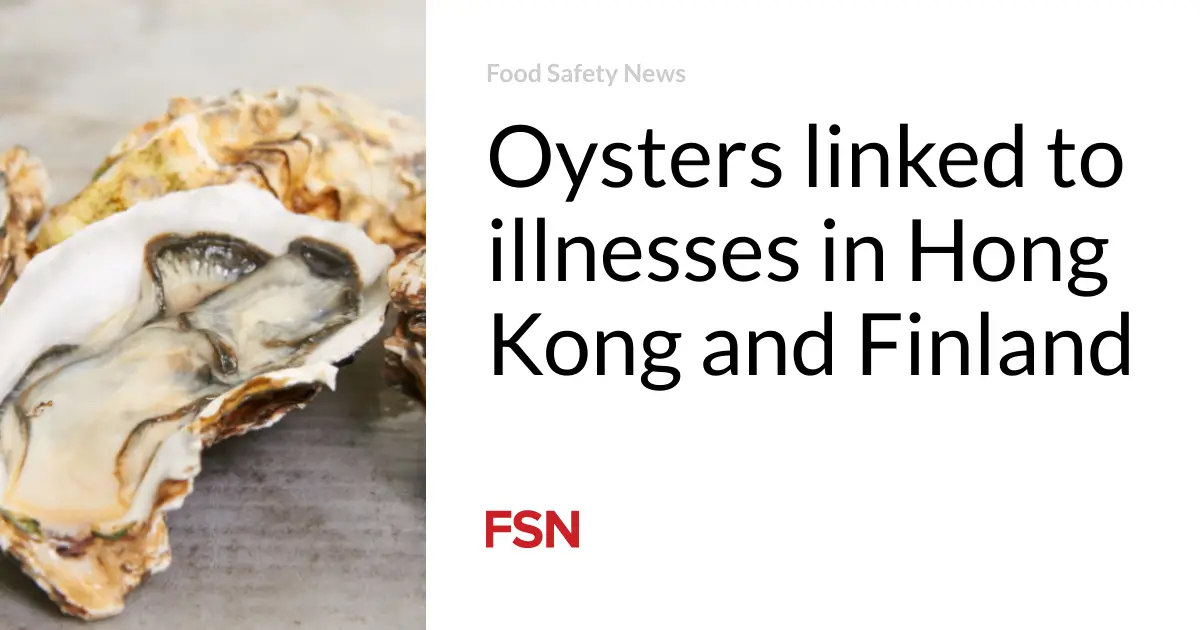
The majority of consumers are worried about food safety in Kosovo, according to a survey.
A study analyzed consumer behavior and food safety perceptions in the country. It involved a face-to-face survey of 300 people. Results were published in the Italian Journal of Food Safety.
Examples of problems in the Western Balkans, which includes Kosovo, are brucellosis, the presence of mycotoxins in maize for animal feed, and heavy metals in soils. The region has also been affected by corruption, weak law enforcement, and low producer awareness of food standards.
Food safety is a topic of concern
Findings indicate that almost two-thirds of surveyed consumers are fairly or very concerned about food safety. Highly educated, young female consumers are more concerned about personal health risks, food safety-related content, and related diseases.
Consumer perceptions towards food safety were assessed with seven constructs and 28 items measured on a 5-point scale from 1 (strongly disagree) to 5 (strongly agree).
More than 50 percent agree with the statement that standards of hygiene in food processing are higher than they used to be.
The percentage of consumers who trust the government as the responsible authority to ensure the safety level of agrochemical residues was fairly low at 25 percent.
Half of respondents agree that they are not provided with enough information to judge properly whether food is safe. Less than 30 percent are satisfied with the level of safety of the food they consume.
“An increase in consumer awareness and education on food safety can decrease the workload of the healthcare system from foodborne illnesses and minimize economic losses due to medical treatment costs and other losses related to work absence,” said researchers.
In a different Eurobarometer poll, carried out in June 2023, 78 percent of respondents in Kosovo said they were interested in the topic of food safety. Also, 57 percent said food safety was the most important thing when buying food.
AMR in Kosovo
In other news, the European Centre for Disease Prevention and Control (ECDC), the EU Commission’s Directorate-General for Health and Food Safety (DG Sante) and the European Food Safety Authority (EFSA), visited Kosovo in October 2023 to assess the antimicrobial resistance (AMR) situation.
In the animal health and food safety sectors, there is no system to generate data to monitor AMR and antimicrobial sales and use. There are no baseline data to assess the burden of AMR in these sectors, allow outbreak detection and evaluate the efficacy of future actions to encourage reduced and prudent of antimicrobials.
Some of the antimicrobial Veterinary Medicinal Products authorized in Kosovo, such as growth and yield promoters (including colistin in combination with other antimicrobials) are banned in Europe.
Laboratory capacity to monitor AMR in livestock and the food production sector is available at the Food and Veterinary Agency although developing antimicrobial susceptibility testing (AST) capacity to EU standards is required. Allocating resources to restart a Salmonella control plan in poultry farms that existed previously could be a step in developing an AMR surveillance system in the animal health and food sector, said the EU agencies.
(To sign up for a free subscription to Food Safety News, click here.)






